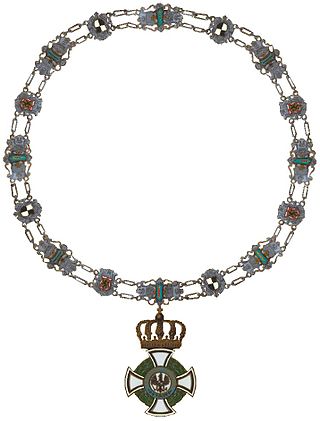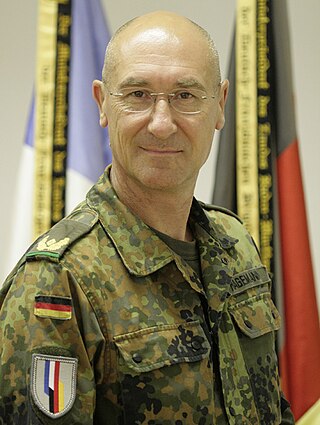
The Deutscher Werkbund is a German association of artists, architects, designers and industrialists established in 1907. The Werkbund became an important element in the development of modern architecture and industrial design, particularly in the later creation of the Bauhaus school of design. Its initial purpose was to establish a partnership of product manufacturers with design professionals to improve the competitiveness of German companies in global markets. The Werkbund was less an artistic movement than a state-sponsored effort to integrate traditional crafts and industrial mass production techniques, to put Germany on a competitive footing with England and the United States. Its motto Vom Sofakissen zum Städtebau indicates its range of interest.

The Philipps University of Marburg was founded in 1527 by Philip I, Landgrave of Hesse, which makes it one of Germany's oldest universities and the oldest still operating Protestant university in the world. It is now a public university of the state of Hesse, without religious affiliation. The University of Marburg has about 23,500 students and 7,500 employees and is located in Marburg, a town of 76,000 inhabitants, with university buildings dotted in or around the town centre. About 14% of the students are international, the highest percentage in Hesse. It offers an International summer university programme and offers student exchanges through the Erasmus programme.

The House Order of Hohenzollern was a dynastic order of knighthood of the House of Hohenzollern awarded to military commissioned officers and civilians of comparable status. Associated with the various versions of the order were crosses and medals which could be awarded to lower-ranking soldiers and civilians.

Austria competed at the 1936 Summer Olympics in Berlin, Germany. 234 competitors, 217 men and 17 women, took part in 105 events in 19 sports.

Switzerland competed at the 1936 Summer Olympics in Berlin, Germany. 190 competitors, 184 men and 6 women, took part in 100 events in 21 sports.

Germany was the host nation and top medal recipient at the 1936 Summer Olympics in Berlin. 433 competitors, 389 men and 44 women, took part in 143 events in 22 sports.

General of the Infantry is a former rank of the German army. It is currently an appointment or position given to an OF-8 rank officer, who is responsible for particular affairs of training and equipment of the Bundeswehr infantry.

Große Berliner Kunstausstellung , abbreviated GroBeKa or GBK, was an annual art exhibition that existed from 1893 to 1969 with intermittent breaks. In 1917 and 1918, during World War I, it was not held in Berlin but in Düsseldorf. In 1919 and 1920, it operated under the name Kunstausstellung Berlin. From 1970 to 1995, the Freie Berliner Kunstausstellung was held annually in its place.